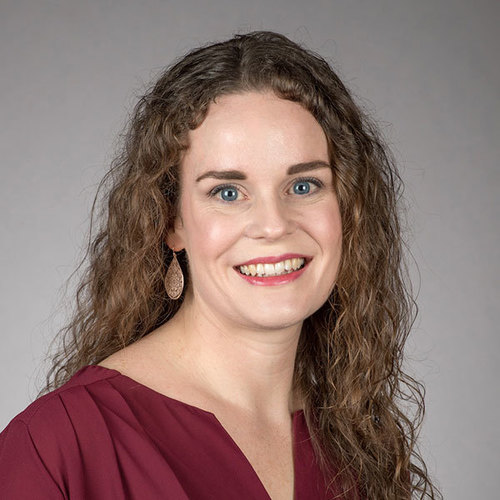Liturgical Music: A Historical, Musical, and Pastoral Survey
Next Session: Apr 28, 2025
This course examines the historical and compositional trajectory of liturgical music with an eye toward its pastoral applications, from early Christian communities to the Church of today. We will listen to repertoire illustrating the various stages within this evolution while learning to analyze and comment on it from musical, liturgical, and pastoral perspectives. We will explore the ways in which the Church has responded to the developments in liturgical music, and we will consider the impact of these responses on liturgical music ministry in parish settings today. The lectures are constructed in such a way that students of all disciplinary backgrounds will be able to engage the material. In other words, no assumptions will be made regarding previous musical, historical, or theological training.
Course Content
Unit 1: Music of the Biblical and Early Christian Communities
- Introduction to the Course
- Music in the Old Testament
- Music in the New Testament and Early Christian Communities
Unit 2: Liturgical Music of the Medieval and Early Renaissance Periods
- Chant
- The Unification of Christian Worship and Liturgical Music
Unit 3: Liturgical Music of the Late Renaissance, the Reformation and Counter-Reformation, and the Baroque Eras
- Liturgical Music of the Late Renaissance
- The Reformation
- The Counter-Reformation and the Council of Trent
- Liturgical Music in the Americas
- Liturgical Music of the Baroque Era
Unit 4: Liturgical Music of the Classical and Romantic Eras
- European Liturgical Music in the Classical Era
- The Liturgical Renewal of the Nineteenth Century
- Roman Catholic Liturgical Music of the Twentieth Century (pre-Vatican II)
Unit 5: Liturgical Music Following the Second Vatican Council
- The Second Vatican Council
- Liturgical Music in the United States (post-Vatican II)
Course Format
- Six weeks in duration, with one week for orientation.
- Typically 15-20 students in each course.
- All lecture text available online in text format.
- Examples of music, with explanations, watchable via streaming video.
- Supplemental readings provided online.
- Written assignments (200-250 words) required.
- Facilitator-moderated Zoom sessions with participants in course.
Required Texts
All course materials are available in the course.
A highly recommended text that participants may want to refer to during or after the course is Paul Westermeyer’s Te Deum: The Church and Music (Minneapolis: Fortress Press, 1997). This book provides the framework for our discussion on the development of liturgical music within a historical and cultural context. Its accessible prose, meticulous footnotes, extensive bibliography, and useful timeline make it a valuable resource.
Participation Requirements
- Read assigned texts and listen to music samples; keep notes, questions, and comments for class discussion.
- Participate in the class discussion using the Forums area: post at least 2 comments, questions, or responses per unit.
- Write a short reflection on a musical selection in each unit.
- Respond to the assignment in each unit.
- Participate in at least 3 scheduled Zoom sessions throughout the course.
- Complete the course evaluation.
Time Expectations
- 4 to 6 hours per week, depending on your background and schedule.
Course Certificate
A certificate of completion awarding 30 contact hours will be sent upon completion of all course requirements.

Carolyn Pirtle, M.M., M.S.M.
Carolyn Pirtle is the Assistant Director of the University of Notre Dame Center for Liturgy. She is well familiar with life and liturgy at Notre Dame, having completed her Master of Sacred Music degree in 2008. After spending a year working in Campus Ministry at Notre Dame, Carolyn moved to Wexford, Ireland as the founding House Director of the Teach Bhríde (House of Brigid) community. She served the Church in Ireland for two years, primarily through music ministry and catechesis. Upon returning to America, Carolyn moved to Chicago, working as Director of Music and Elementary Music Instructor at St. John Berchmans Parish, until she returned to Notre Dame in September, 2012. Carolyn shares editing responsibilities for the Oblation blog and Church Life journal, and oversees the planning and facilitation of liturgical music for events and liturgies sponsored by the Center.
In addition, Carolyn is a composer of liturgical and non-liturgical music: several of her works have been featured on recordings of the University of Notre Dame Folk Choir and published by World Library Publications. In 2011, she completed a commissioned cycle of three short musicals for the Notre Dame Vision program.